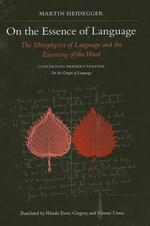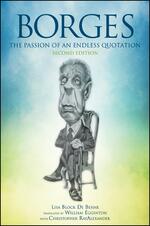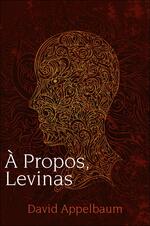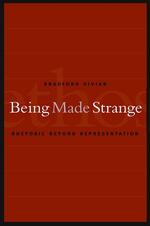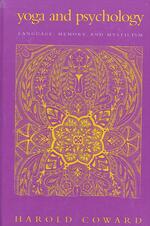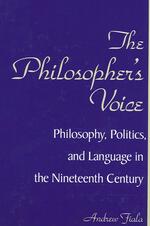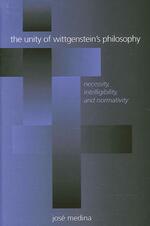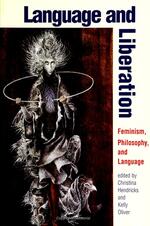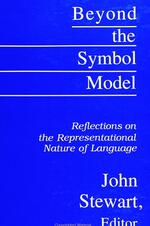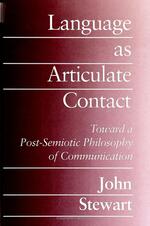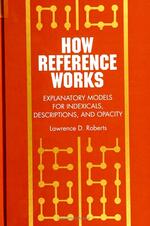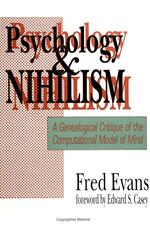Philosophy of Language
The Emergence of Word-Meaning in Early China
Posits the origin of a specifically Chinese concept of “word-meaning,” and sheds new light on the linguistic ideas in early Chinese philosophical texts.
The Lily's Tongue
Examines four discourses by Kierkegaard, arguing that they play a critical and surprising role in his oeuvre and contribute to the philosophy of figural language.
Dao and Sign in History
Provides a new perspective on important linguistic issues in philosophical and religious Daoism through the comparative lens of twentieth-century European philosophies of language.
Effing the Ineffable
A meditation on how religious language tries to limn the liminal, conceive the inconceivable, speak the unspeakable, and say the unsayable.
Language as Bodily Practice in Early China
Challenges the idea held by many prominent twentieth-century Sinologists that early China experienced a “language crisis. ”
The Vocation of Writing
Explores how violence structures language and the writing of literature and philosophy.
On the Essence of Language
This important early Heidegger text sheds new light on his later focus on language.
Borges, Second Edition
Expanded edition with new chapters and updates to the translation and bibliography.
Essays on Hegel's Philosophy of Subjective Spirit
The first English-language collection devoted to Hegel’s Philosophy of Subjective Spirit.
A Propos, Levinas
Rejects Levinas’s argument for the preeminence of ethics in philosophy.
Theology within the Bounds of Language
Explores the use of language in Christian theology.
Being Made Strange
Offers a revised understanding of human subjectivity that avoids the extremes of both traditional humanism and cultural relativism.
Yoga and Psychology
Explores the influence of yoga in the seminal Indian philosophy of Bhartrhari and in the Western psychology of Freud, Jung, and the transpersonalists, providing unique insights into the differences between Eastern and Western concepts of human nature.
The Philosopher's Voice
Explores the relationship between philosophy and politics in the work of Kant, Fichte, Hegel, and Marx.
The Unity of Wittgenstein's Philosophy
Explores the stable core of Wittgenstein's philosophy as developed from the Tractatus to the Philosophical Investigations.
Acts of Arguing
Approaches recent innovations in argumentation theory from a primarily rhetorical perspective.
Language and Liberation
Gathers authors with different backgrounds and methods to advance feminist discussions of the relation between language and women's oppression, suggesting promising new directions for further research.
Beyond the Symbol Model
This interdisciplinary conversation discusses the nature of language.
Language as Articulate Contact
This book critiques semiotic accounts of the nature of language and sets forth a dialogic alternative.
Ineffability
Scharfstein describes the extraordinary powers that have been attributed to language everywhere, and then looks at ineffability as it has appeared in the thought of the great philosophical cultures: India, ...






